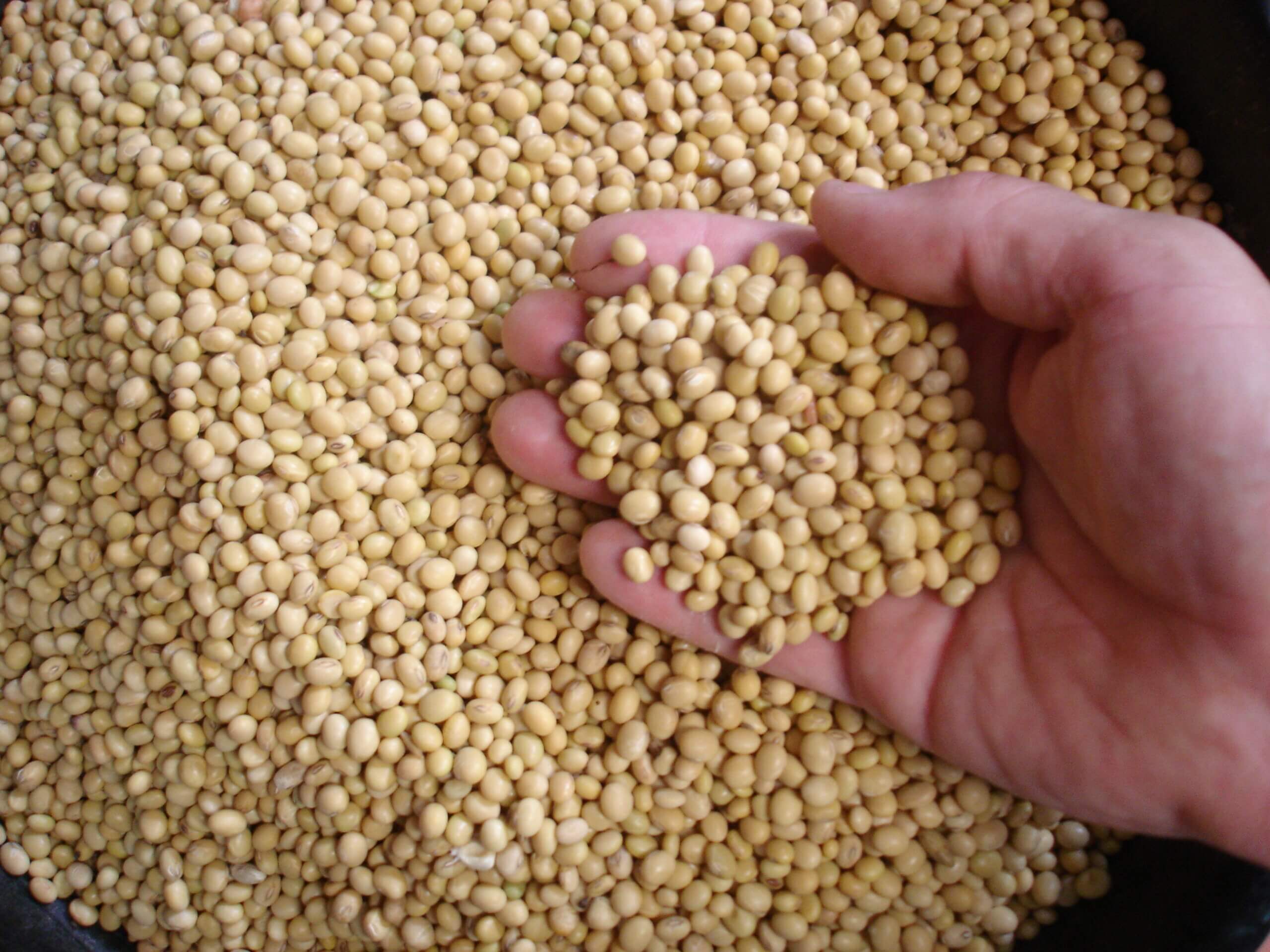China Rejects 300,000 Tons of Soybeans from Argentina Over Suspected U.S. Origin
Photo: Wikimedia Commons.
Chinese customs authorities have rejected a shipment of 300,000 metric tons of soybeans originally declared as Argentine. The cargo was turned away at the Port of Tangjin after laboratory analyses suggested the soybeans were in fact sourced from the United States. The tests included pesticide residue analysis, isotopic and DNA profiling, and soil trace examination, all standard procedures used by Chinese customs to verify the origin of agricultural products.
While there was no evidence of formal smuggling, officials believe the attempt may have aimed to bypass existing tariffs on U.S. agricultural goods, amid ongoing geopolitical tensions. The shipment’s return was justified on the grounds of insufficient traceability and non-compliance with China’s strict import protocols, especially those related to country-of-origin certification.
The rejection comes at a time when China remains heavily dependent on foreign soybeans. In 2024 alone, the country imported over 100 million metric tons of soybeans, with approximately 60% of national consumption covered by imports. This reliance has prompted Beijing to tighten its quality and origin verification standards to ensure supply chain integrity.
No official statement has been released yet by Argentine authorities. However, sources close to the export sector indicate that steps are being taken to clarify the situation with their Chinese counterparts and to reaffirm Argentina’s commitment to upholding international traceability norms in agricultural exports.
The incident also underscores the growing complexity of global commodity trade, where product origins can be obscured by intermediaries and transshipment routes. Experts have warned that without stronger oversight mechanisms, such situations may recur, potentially affecting trade relationships and reputations of exporters.
As the global demand for soybeans continues to rise, especially in China, where it is a critical input for animal feed and food production, clearer standards and enhanced cooperation between trading partners will be essential to avoid future disputes and ensure transparency in global food systems.
* Original text in Spanish. Translated by Large Language Model (LLM) technology.
Main Source:
China rechazó el cargamento de 300.000 toneladas de soja a Argentina – Todo El Campo
Related News:
Argentina begins soybean meal exports to China
The Sichuan Science and Agriculture Agency visited Argentina
The United States urges a reduction in financial relations between Argentina and China

